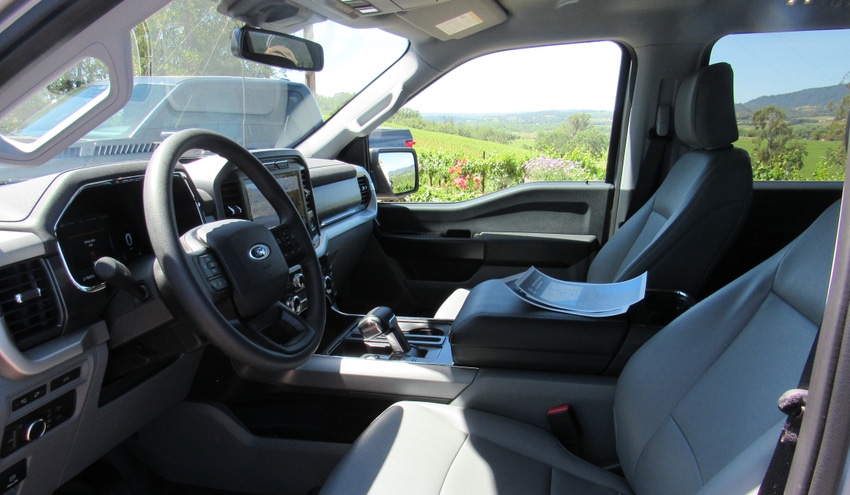
Five Western governors are among 16 across the U.S. demanding that President Joe Biden’s administration end its proposed mandate that two out of every three new vehicles sold be electric by 2032.
The governors – including Idaho’s Brad Little, Montana’s Greg Gianforte, Wyoming’s Mark Gordon, Nevada’s Joe Lombardo and Utah’s Spencer Cox – say the mandates penalize retailers and don’t reflect the will of consumers.
““Even with deep price cuts, manufacturers’ incentives, and generous government funding, federal mandates on electric vehicles are unrealistic,” the governors wrote in a letter to administration officials this week.
Among their complaints, the governors cited a lack of infrastructure to support electric vehicles and their lack of affordability for many Americans.
“Mandates aside, we must also ensure we have the necessary infrastructure to support battery electric vehicles, including grid capacity and reliability, charging stations, and domestic electric vehicle battery production,” the governors wrote.
“Even if consumers determine over time that battery electric vehicles are appealing, the reality is that the lack of a strong, domestic marketplace makes electric vehicles prohibitively expensive for the American consumer,” they continued.
The U.S. Environmental Protection Agency counters that the mandate doesn’t require use of a specific technology, and that “EPA expects vehicles with internal combustion engines and zero-emission vehicle technologies will both play important roles in reducing greenhouse gas emissions,” officials told USA Today in an email.
Vehicles touted
Companies such as Ford Pro have been touting their electric vehicles for agriculture, but experts have told Farm Press that full adoption of the vehicles on farms could be impractical in the short term, as there’s often a dearth of charging stations in rural areas and weather and road conditions could sap the batteries’ energy more quickly.
A Pacific Research Institute study last year asserted that a state mandate that all cars and light trucks sold in California be zero-emissions by 2035 would overwhelm the electrical grid.
Wayne Winegarden, a senior fellow in business and economics at PRI, told Farm Press last summer that “reality is hitting us in the face” regarding the feasibility of fully transitioning to electric vehicles in the next 10 years.
Electric vehicles represented less than 8% of new vehicles sold in the U.S. in the third quarter of last year, according to Cox Automotive. A lack of charging facilities, low battery range and higher prices are leading causes of Americans’ hesitancy to adopt the technology, the Washington Times notes.
Deep freezes across the U.S. this winter created EV horror stories of stranded drivers with batteries that wouldn’t properly charge, the newspaper observes.
“Ultimately, we must continue to maintain consumer choice,” the governors wrote. “Your mandates are unrealistic, costly, and prescriptive solutions that harm American consumers.”
About the Author(s)
You May Also Like






